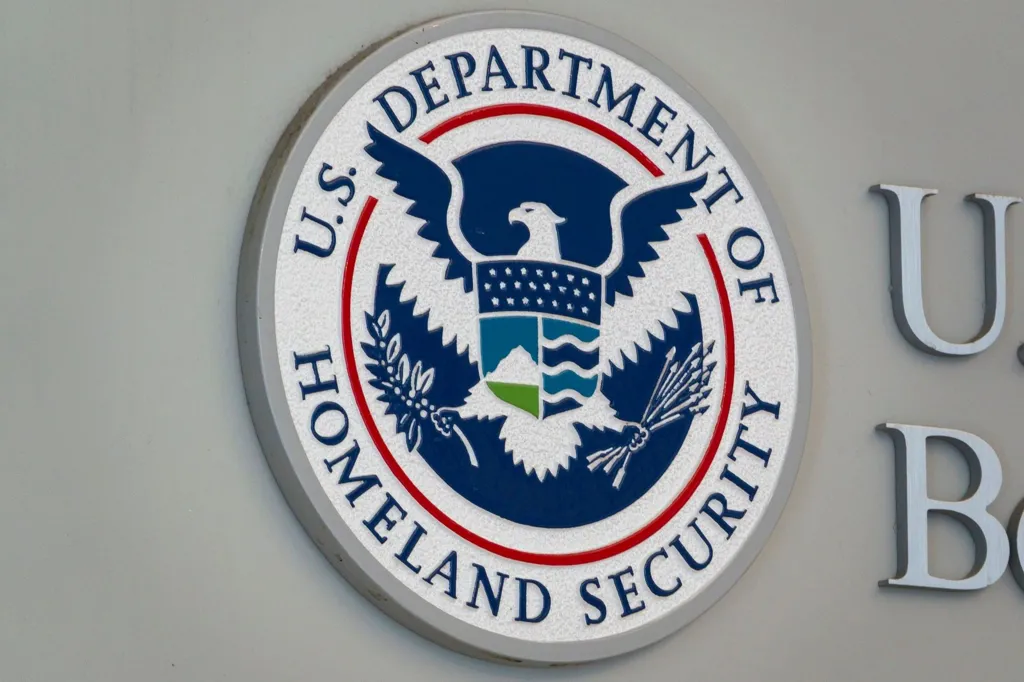In a sweeping move that has triggered nationwide debate, the Biden administration has announced that hundreds of thousands of immigrants who were previously granted temporary protection under the humanitarian parole program must now leave the United States. The Department of Homeland Security (DHS) confirmed on Thursday that this policy change will affect a significant portion of the 531,670 immigrants from Cuba, Haiti, Nicaragua, and Venezuela who were permitted to remain in the U.S. temporarily.
This dramatic reversal marks a major shift in immigration policy and raises serious legal, social, and humanitarian concerns.
Larry E. Durben Motorcycle Accident in Ohio: Beloved Father and Motorcycle Enthusiast Dies at 82
Background: What Is the Humanitarian Parole Program?
The humanitarian parole program, originally established during the Cold War, was designed to provide temporary protection to individuals fleeing violence, oppression, or unstable governments. Under President Biden, the program was expanded to include migrants from Cuba, Haiti, Nicaragua, and Venezuela, countries plagued by political unrest, economic collapse, and human rights abuses.
These individuals were granted two-year stays in the United States to escape dire conditions. However, the new DHS directive signals a harsh policy reversal, ordering many of these individuals to leave, even if their home countries remain unsafe.
Why the Policy Is Changing
The DHS states that illegal border crossings from these four countries have dropped by 98% since the parole program’s implementation. Officials argue that the temporary protection was meant to be just that—temporary—and that it’s now time for recipients to return to their home countries or find another legal path to stay in the U.S.
The move is seen as part of a broader effort to tighten immigration enforcement and address what the administration calls “unsustainable migration levels.”
Who Will Be Affected?
While DHS cites 531,670 individuals as beneficiaries of the parole program, it’s unclear how many will be directly impacted by the removal orders. Some may have already adjusted their status through other immigration pathways, such as work visas, family sponsorships, or asylum claims.
However, tens of thousands are expected to be at immediate risk of deportation—people who have built lives in the U.S., secured employment, started families, and become integrated into their communities.
Political and Legal Reactions
The reaction to the decision has been deeply divided:
Supporters Say:
- The program was vulnerable to fraud and abuse.
- It posed risks to national security and American jobs.
- Immigration enforcement needs to be consistent and fair.
Critics Argue:
- The policy is inhumane and morally questionable.
- Immigrants are being sent back to unstable, dangerous countries.
- The decision is politically motivated ahead of the 2024 election to win over conservative voters.
Advocacy groups and civil rights organizations are already preparing legal challenges, claiming the decision may violate international human rights standards and U.S. asylum laws.
Comparison to Trump-Era Policies
The move has been compared to the hardline immigration stance of former President Donald Trump. During his administration, immigration policy focused on deportations, border security, and restricting asylum access.
Biden initially promised a more compassionate immigration approach, including pathways to citizenship and protections for refugees. This latest shift has blurred the line between Biden’s and Trump’s policies, leaving many Democratic supporters disillusioned.
DHS Response: “Exit Bonus” and Voluntary Departure Aid
To soften the blow, DHS has announced a voluntary departure program offering:
- Travel assistance
- A $1,000 “exit bonus” for those who leave voluntarily
However, critics call the offer insufficient, especially given the economic and political crises in many return destinations. For families who’ve lived years in the U.S., the offer is seen as token compensation for a painful displacement.
Broader Implications for U.S. Immigration Policy
This development shines a spotlight on the deep flaws in the U.S. immigration system. Millions remain in legal limbo, with uncertain paths to residency or citizenship. Critics argue that real reform must:
- Balance national security with humanitarian obligations
- Offer clear, fair legal pathways
- Avoid policy shifts that disrupt lives overnight
The fate of these immigrants underscores the urgent need for comprehensive immigration reform, something that has eluded lawmakers for decades.
Conclusion: A Nation at a Crossroads
The Biden administration’s decision to revoke humanitarian protections and force potentially hundreds of thousands of people to leave the U.S. marks a turning point in the national immigration debate.
As the 2024 election looms, immigration will likely become a central issue—dividing public opinion and shaping policy for years to come. For now, thousands of families live in fear and uncertainty, caught in the crosshairs of a system struggling to find balance between compassion and control.

